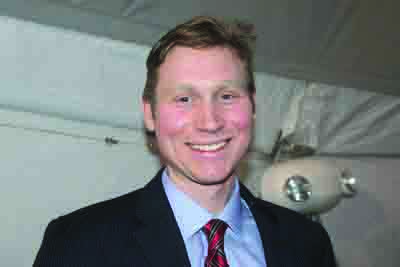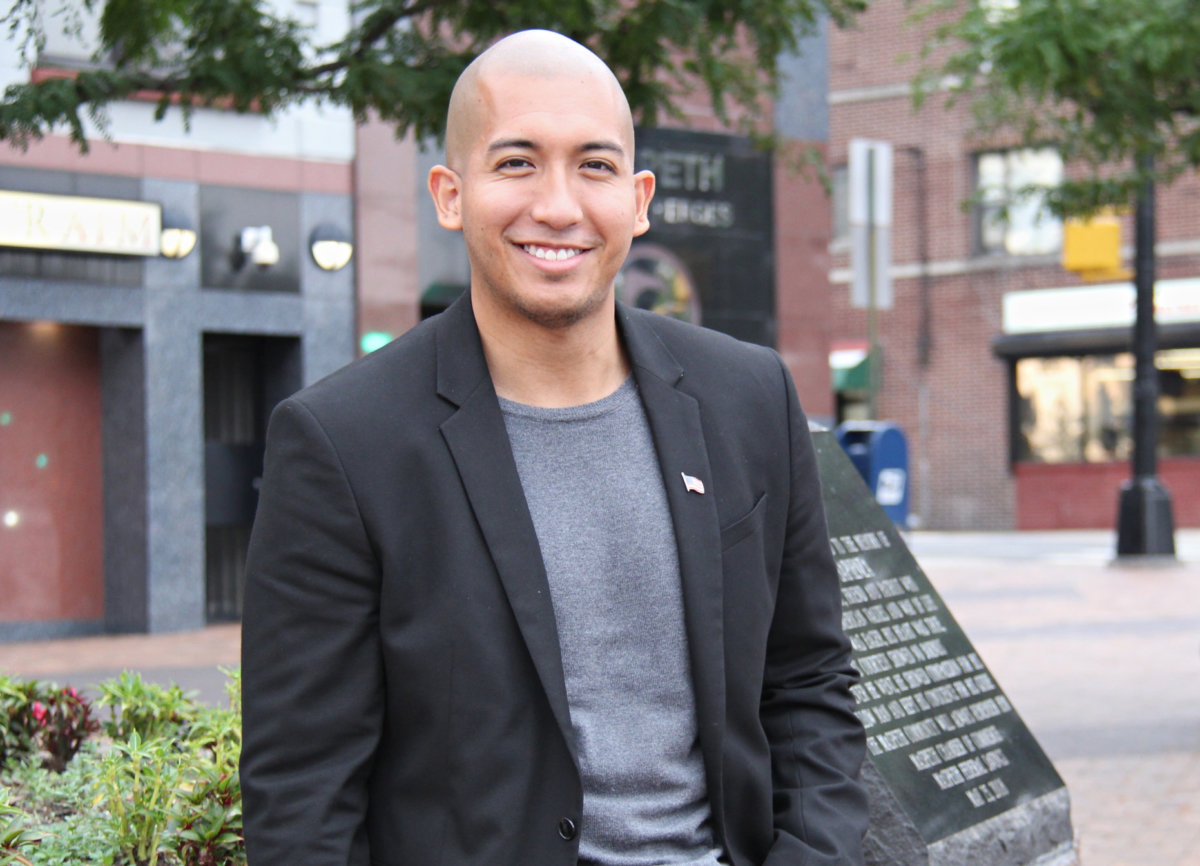Astoria Starbucks first in Queens to file to unionize
An Astoria Starbucks is filing for a union, the first of its kind in Queens.
The store, located at 30-18 Astoria Boulevard, announced its plans to file a petition for a union election in a letter written to President and CEO Howard Schultz.
“The organizing committee at Astoria Blvd. firmly stands in solidarity with unionization efforts across the country,” the letter reads. “The same courage of stores before us has empowered our baristas to take positive action. We are cautiously excited for the future of a company that is reflective of its workforce and not of corporate greed.”
 The Astoria location is part of more than 145 stores across the country that have filed to unionize.
The Astoria location is part of more than 145 stores across the country that have filed to unionize.
Elected officials at all levels of government showed their support for the workers at the Astoria Boulevard store with a letter of support and impromptu visits to the store.
Rep. Carolyn Maloney, State Senator Michael Gianaris, Assemblymember Zohran Mamdani and Councilmember Tiffany Cabán all signed on to the letter calling for Schultz to sign the Fair Election Principles and respecting the workers’ right to organize.
“Every worker should have the right to organize a union and bargain collectively,” Gianaris said. “I stand with the workers at my local store and the entire Starbucks Workers United effort as they fight for better working conditions and fair pay for all associates. I call on Starbucks to allow the free, unencumbered election these workers deserve.”
In February, three Starbucks locations in New York City made their first efforts to unionize, just weeks after three more stores in Buffalo were the first to do so. The first union elections in New York City will be an in-person vote at the Roastery at the end of the month.
The Astor Place location will be voting by mail with ballots going out at the start of next month, and ballots for Caesar’s Bay in Brooklyn, Great Neck in Long Island, and Massapequa in Long Island will go out a week later.
Brandi Aldu, a Starbucks Workers United organizing committee member, said, “My fellow partners and I decided to unionize because we are forced to manage the consequences of decisions we were not a part of, made by people who don’t understand what it is like to live a life as a Starbucks barista.”



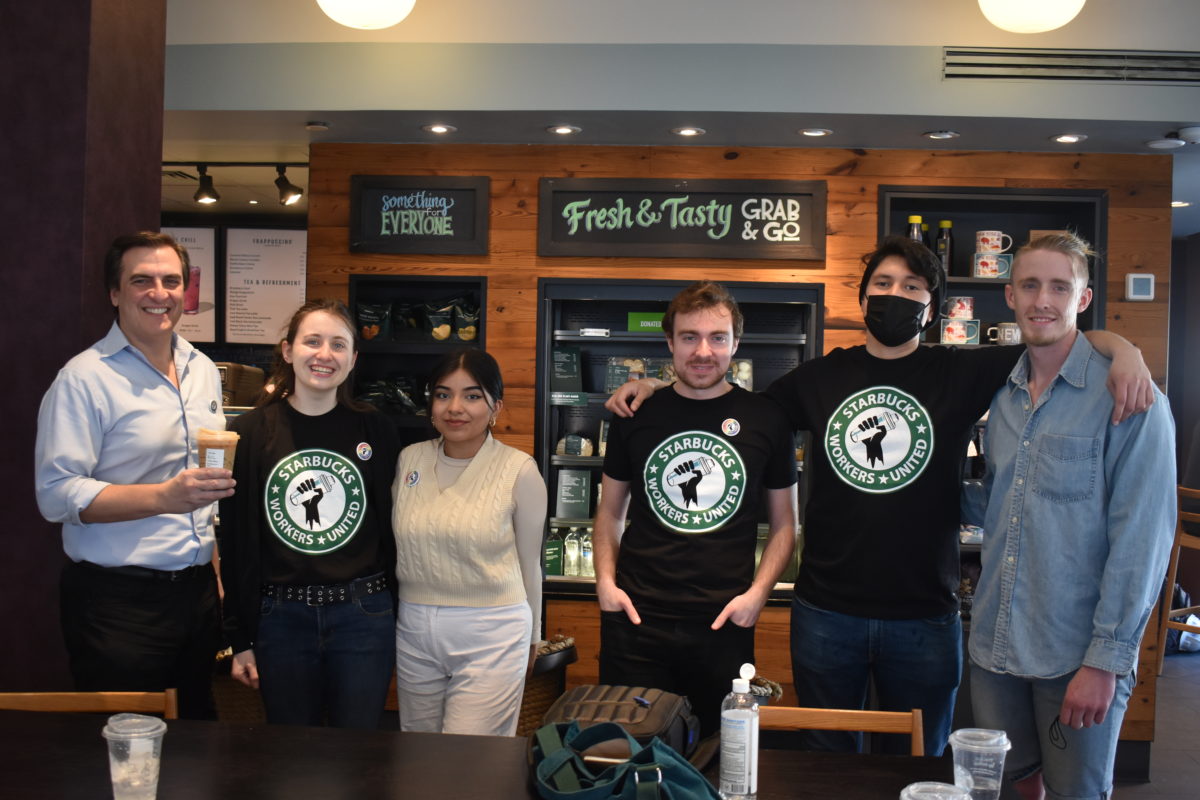

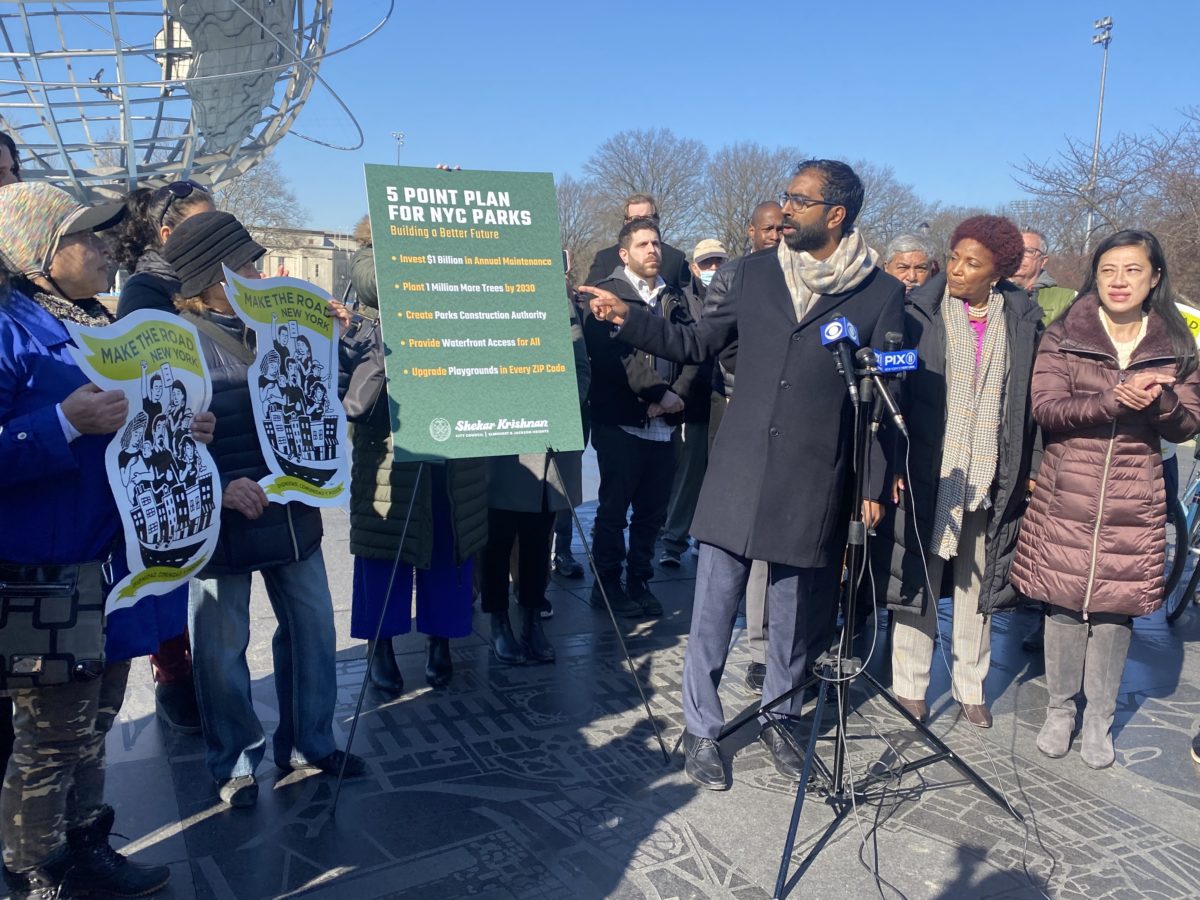
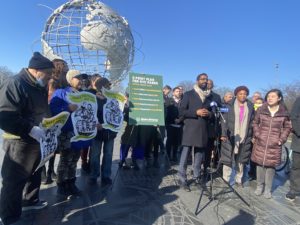 “The issue of parks in our city is a social justice issue,” Krishnan said. “It is a public health issue.”
“The issue of parks in our city is a social justice issue,” Krishnan said. “It is a public health issue.”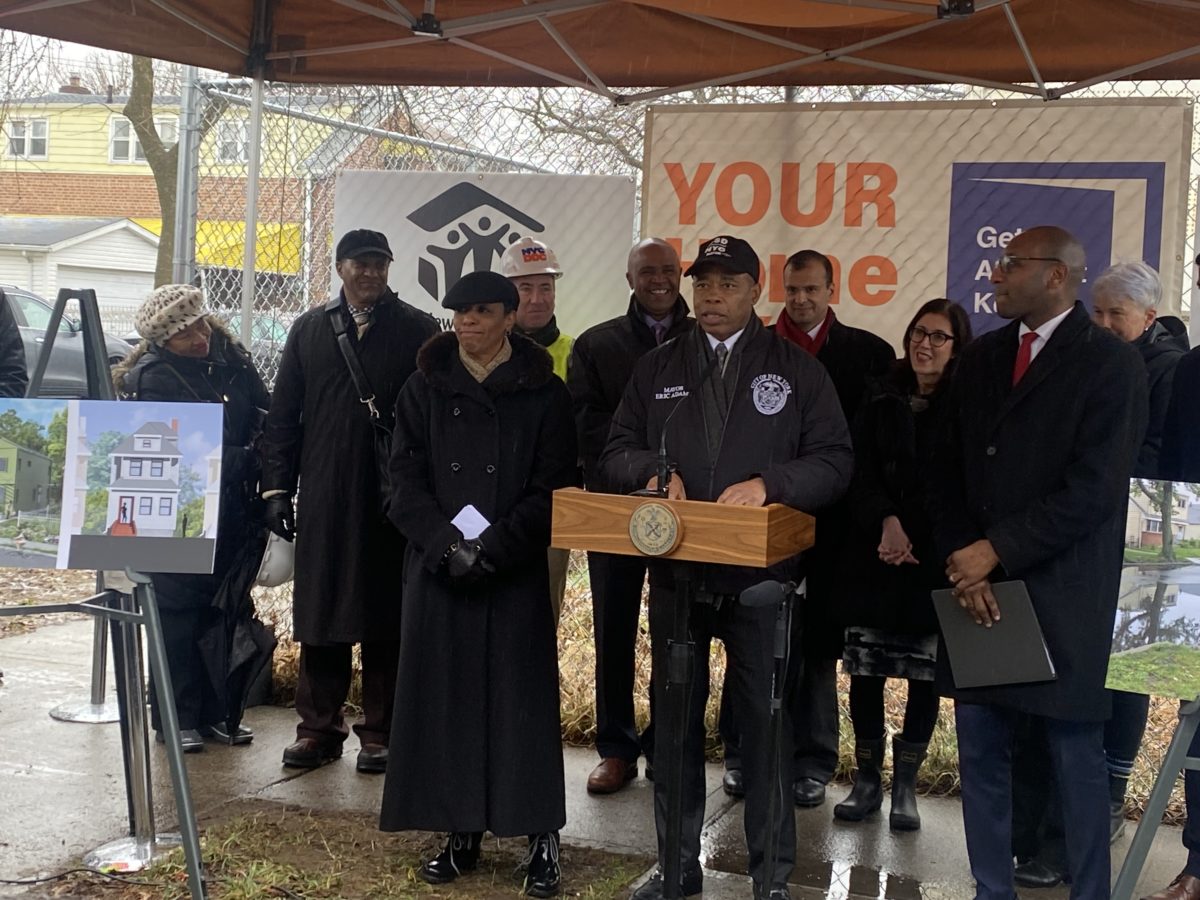
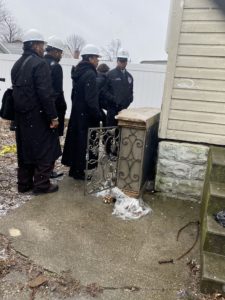 The street improvements and flood-alleviating measures include over one mile of new storm sewers, with an additional 2,265 feet of existing storm sewers being replaced. A total of 55 new catch basins were installed and 53 old ones were replaced.
The street improvements and flood-alleviating measures include over one mile of new storm sewers, with an additional 2,265 feet of existing storm sewers being replaced. A total of 55 new catch basins were installed and 53 old ones were replaced.